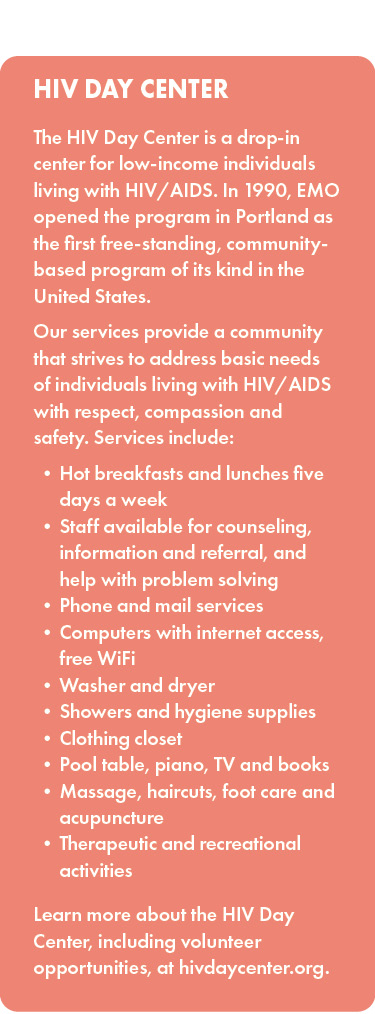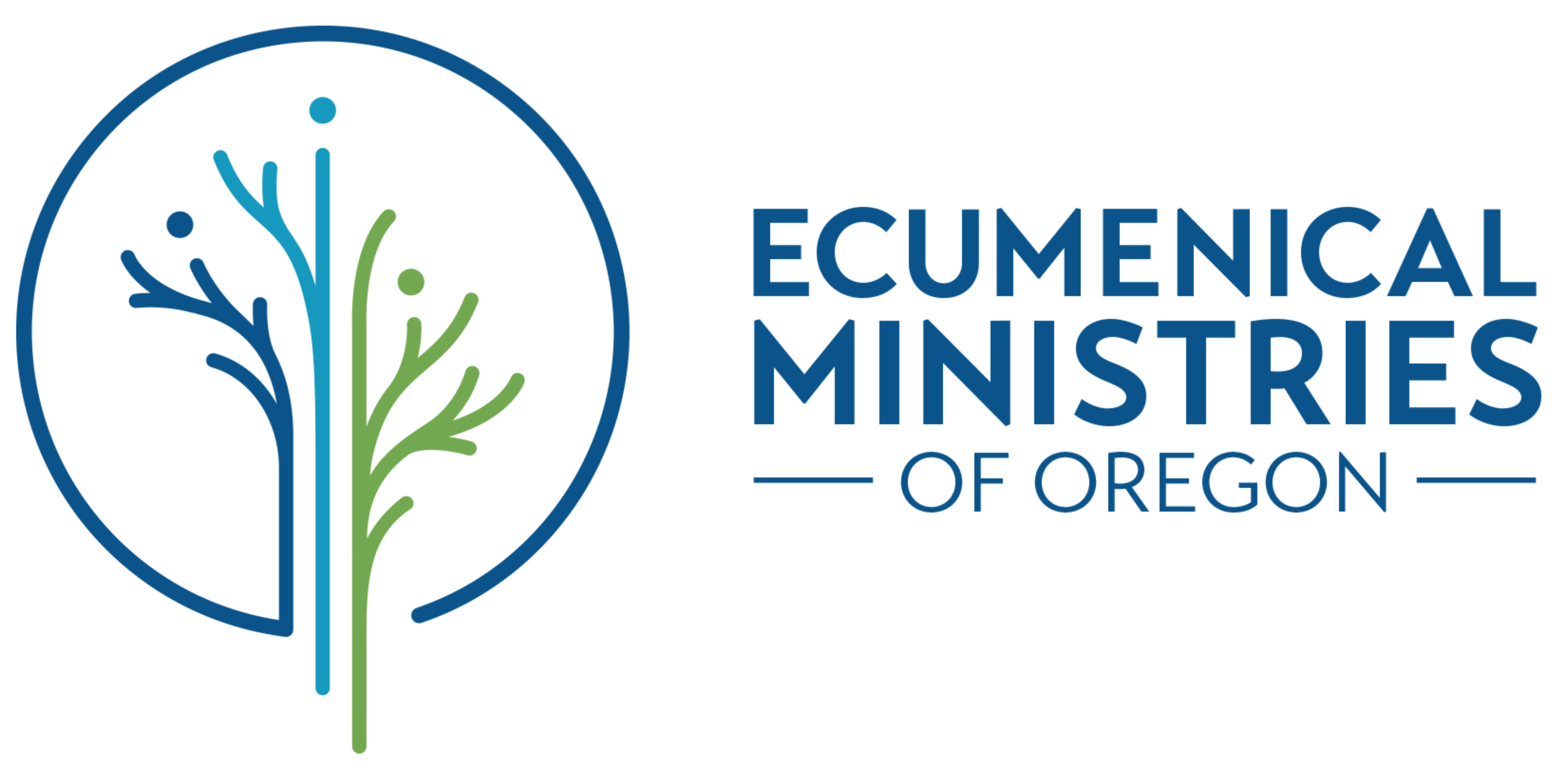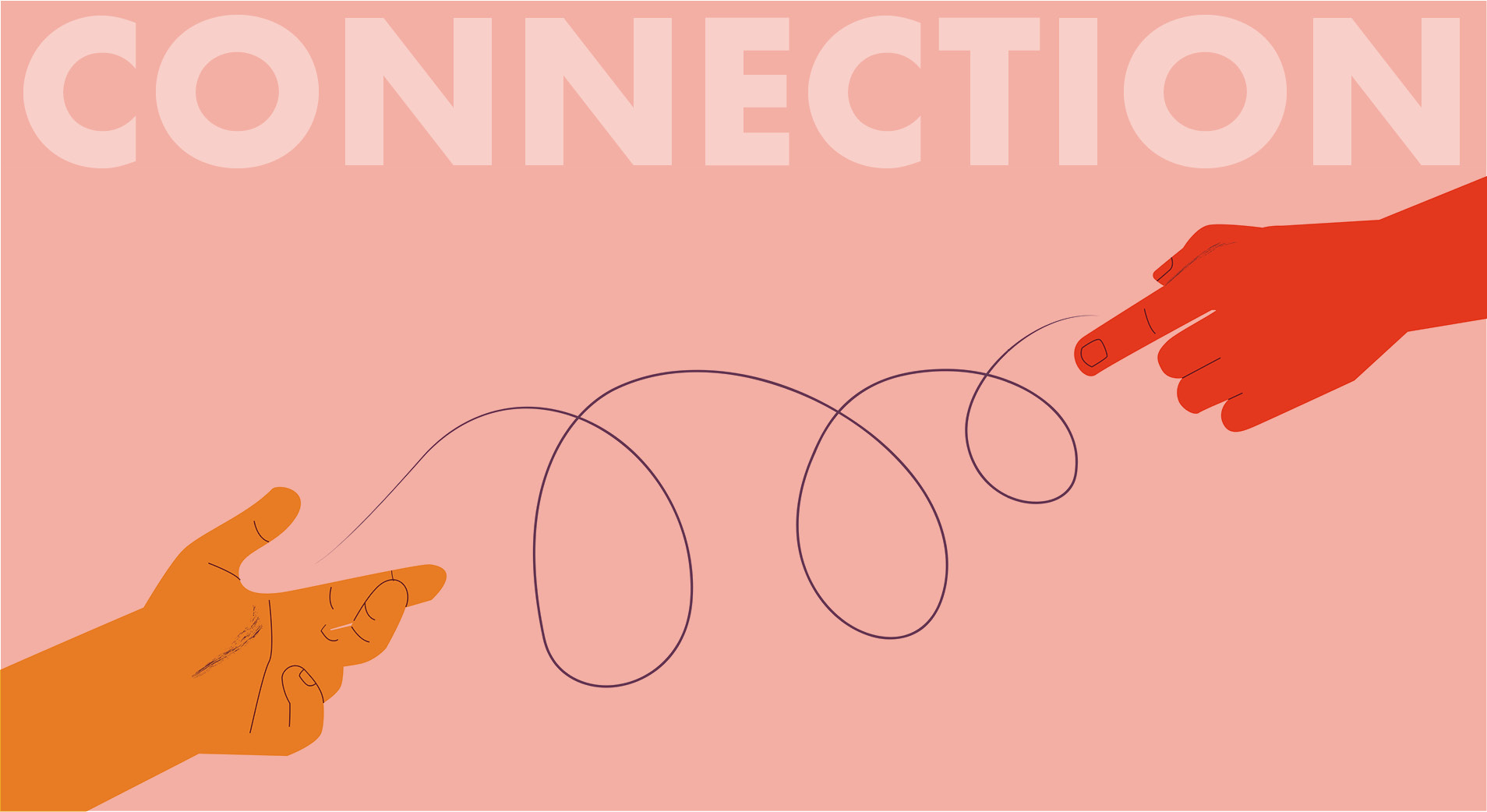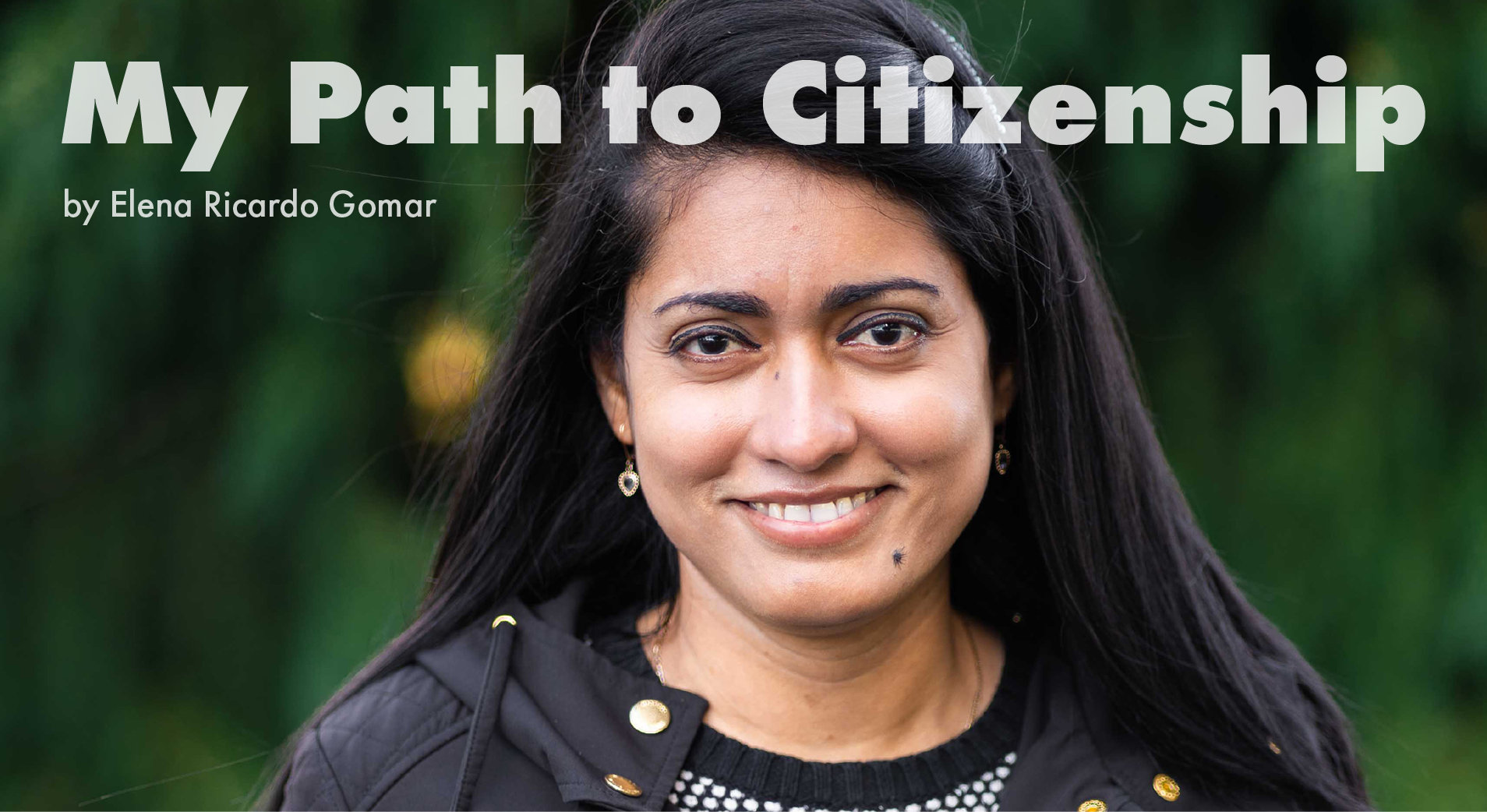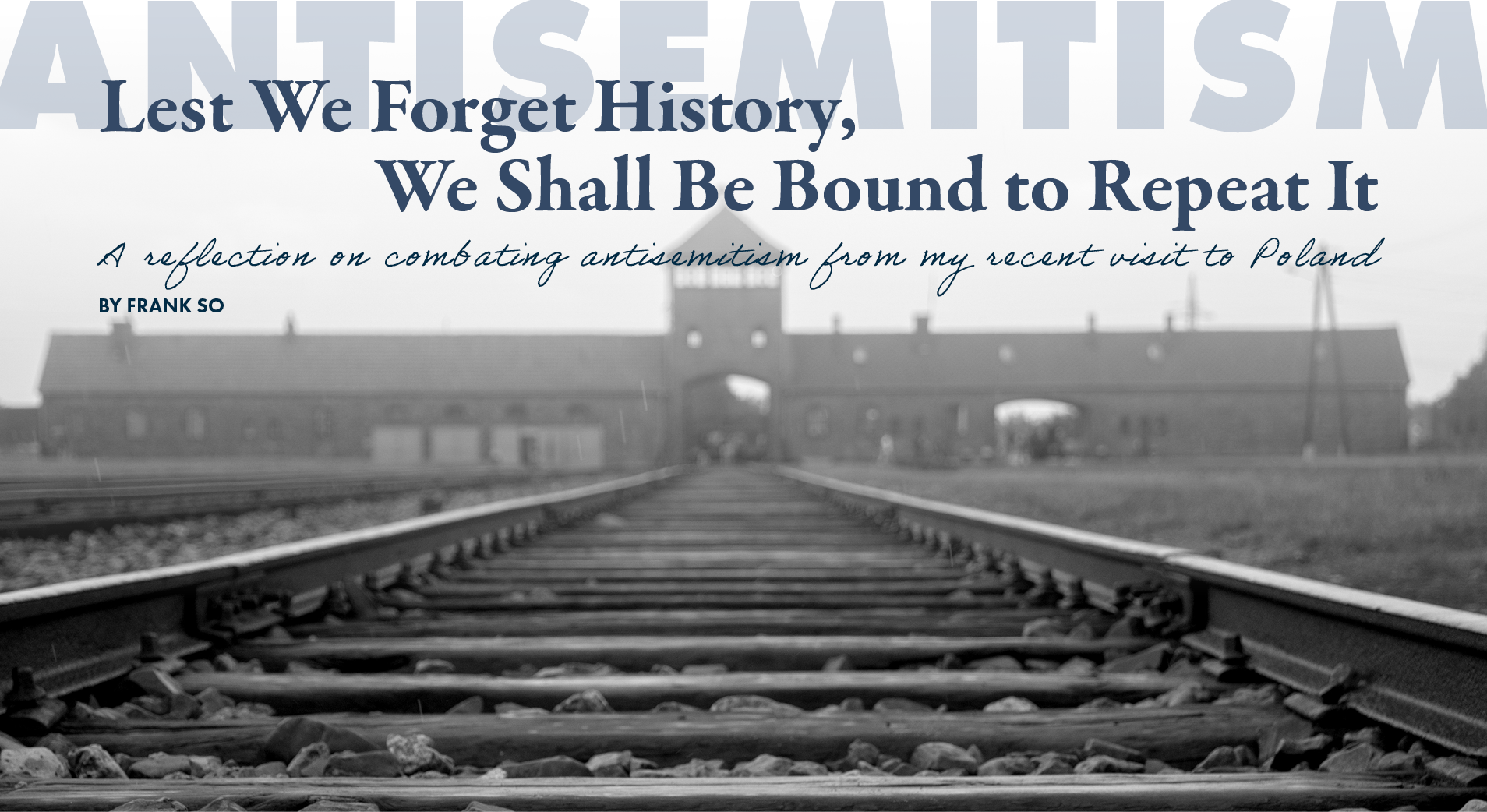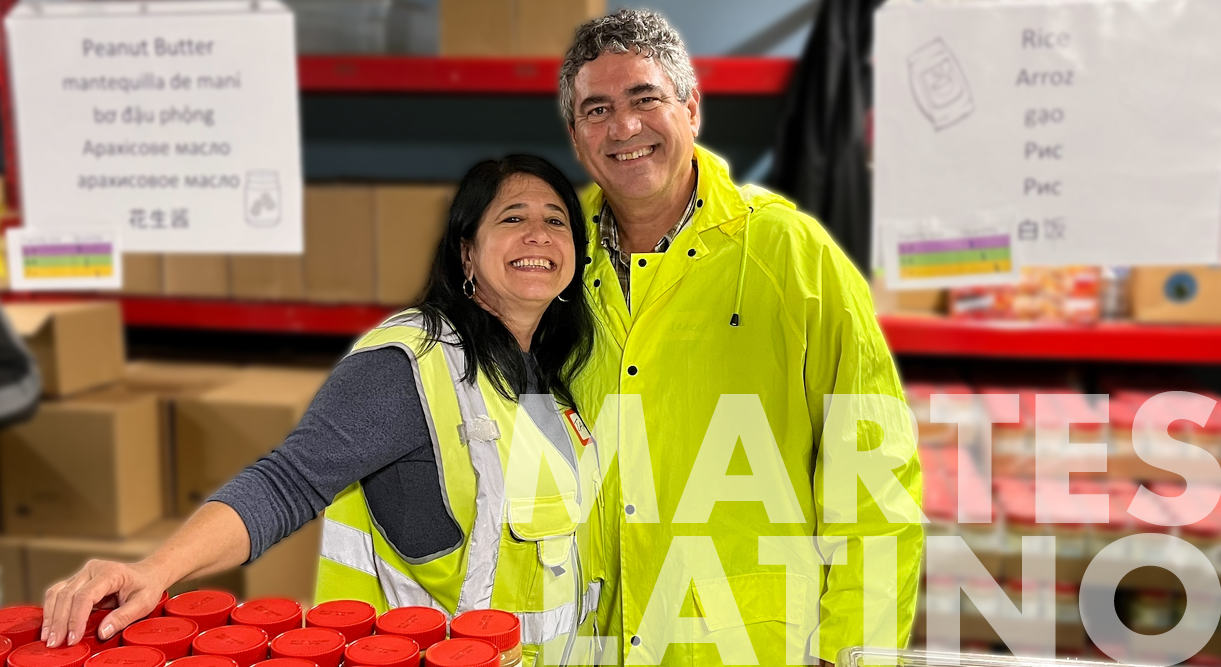The Importance of Connection & Community at the HIV Day Center
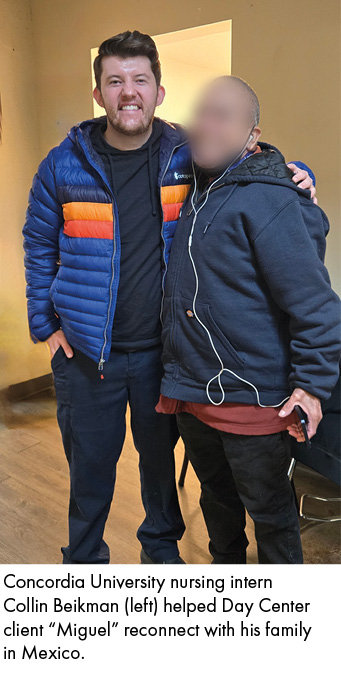 The HIV Day Center is a critical resource for meeting the immediate needs of low-income individuals living with HIV/AIDS. After all, you need food, medicine and appropriate clothing to survive. However, the staff and clients would tell you that the community and human connections that are formed as they gather for food, conversation and other resources are just as important.
The HIV Day Center is a critical resource for meeting the immediate needs of low-income individuals living with HIV/AIDS. After all, you need food, medicine and appropriate clothing to survive. However, the staff and clients would tell you that the community and human connections that are formed as they gather for food, conversation and other resources are just as important.
That sense of community that has existed for 35 years is why, a few months ago, thousands of miles away in a small village in Mexico, a phone rang.
Miguel [name changed for privacy], an HIV Day Center client, had not spoken to his family in Mexico for 15 years and had last seen them 20 years ago. He didn’t know what was going on with his siblings, and he even wondered if his octogenarian mother was still alive.
With rising anti-immigration sentiment and the changing political landscape, Miguel was feeling increasingly isolated. For the first time in a long while, he was feeling a deep need to contact his family. His limited income meant that immigration lawyers, visa fees and plane tickets were out of the question.
The HIV Day Center regularly hosts groups of Concordia University nursing students, who virtually attend classes held at the university’s location in St. Paul, Minn., but live and do
their internships in person in the Portland metro area. The interns assist clients at the Day Center while also learning practical skills from their nursing teacher, Cris Pinzon, Concordia University adjunct clinical nursing faculty.
One day, Miguel asked Cris for support in trying to contact his family, particularly his elderly mother. Cris, along with nursing intern Collin Beikman, proposed using WhatsApp. With Collin’s help, Miguel—who would describe himself as not the most technologically savvy person—was able to create email and WhatsApp accounts. With a little research, they found the WhatsApp number for one of Miguel’s cousins in Mexico, and she provided Miguel with his mother’s WhatsApp contact number.
Miguel immediately called his mother on WhatsApp and then connected with her by Zoom, so he could not only hear her but also see her. They shared a long and emotional conversation. Far from being dead, as he had feared, Miguel’s mother was hanging in there, albeit with the usual aches and pains of someone in their eighties. He was also able to catch up on life around the house, see how the chickens and goats were doing, and talk with a few of his brothers. He even managed to virtually introduce his mother to the Day Center staff and volunteers.
Success stories like this are not unusual at the HIV Day Center. This one stands out for exemplifying the importance of the community it provides, and how the staff and volunteers bring unequivocal joy to their clients’ lives. The HIV Day Center is more than just a place to drop in to get a meal and a bus pass (though both are super important)—it’s a place where community comes together to help people thrive in the face of hardship. All it takes is goodwill, partnerships like the one with Concordia University, time, patience and a little bit of knowledge (and WhatsApp, apparently).
By The Rev. Josh Stromberg-Wojcik, operations assistant at EMO’s HIV Day Center. He is an ordained ELCA pastor, previously serving at El Camino de Emaús Lutheran Church in Burlington, Wash. He has also served on the board of Farmworker Ministry NW.
